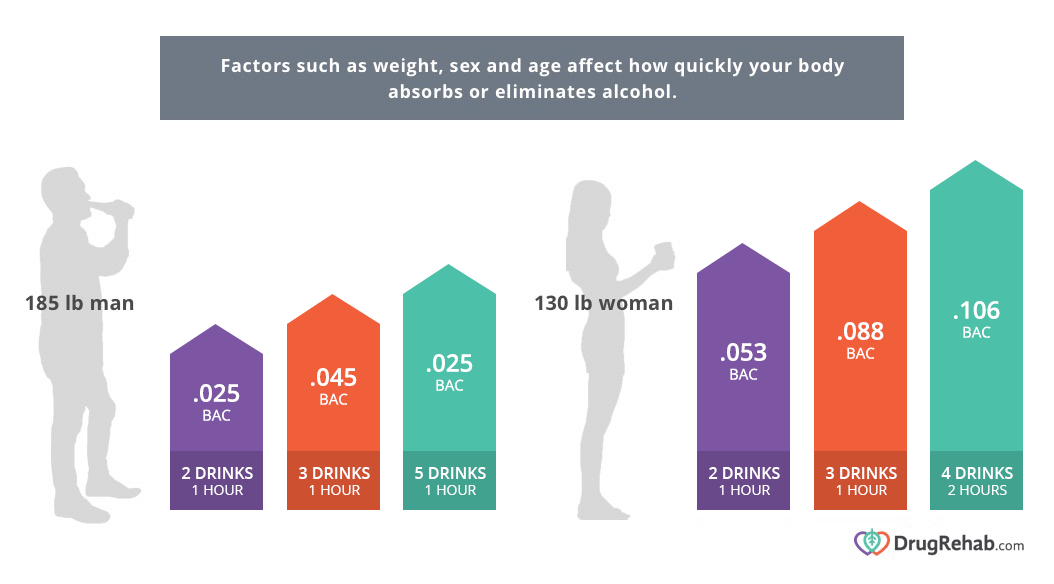Unlock the mysteries of alcohol metabolism and tolerance levels with this comprehensive guide – you won’t believe how it works!
Table of Contents
Alcohol consumption is a common social activity for many people, but understanding how it affects our bodies is crucial for responsible drinking. One burning question that often arises is, “How many beers does it take to get drunk?” The answer to this question is not as straightforward as one might think. Several factors come into play, including alcohol metabolism, individual tolerance levels, and various other elements that can influence intoxication.
Understanding Alcohol Metabolism
When you consume a beer or any other alcoholic beverage, the alcohol enters your bloodstream through the stomach and small intestine. The liver is responsible for metabolizing alcohol through a two-step process. First, alcohol is converted into acetaldehyde by the enzyme alcohol dehydrogenase. Then, acetaldehyde is further broken down into acetic acid by aldehyde dehydrogenase. The body then eliminates these byproducts through urine and respiration.
Factors such as weight, gender, and age can affect alcohol metabolism. Generally, individuals with higher body weight tend to have a higher blood volume, which may dilute the alcohol, leading to a slower rate of intoxication. Additionally, women typically have a lower amount of alcohol dehydrogenase enzyme compared to men, which can result in slower alcohol metabolism. Age also plays a role, as the efficiency of liver enzymes tends to decrease as we get older.
Individual Tolerance Levels
Individual tolerance levels refer to how much alcohol a person can consume before feeling intoxicated. This can vary greatly among individuals and is influenced by genetics, regular alcohol consumption, and other factors. Genetics play a significant role in determining tolerance levels, as some individuals may have genetic variations that make them more or less sensitive to alcohol.
Regular alcohol consumption can also increase tolerance levels over time. When you frequently consume alcohol, your body adapts to the presence of alcohol and becomes more efficient at metabolizing it. This can lead to a higher tolerance level, requiring more alcohol to achieve the same level of intoxication.
Factors Influencing Intoxication
Several factors can influence how quickly you become intoxicated after consuming alcohol. Food intake is one crucial factor, as eating before or while drinking can slow down the absorption of alcohol into the bloodstream. It is advisable to have a meal before drinking to help mitigate the effects of alcohol.

Image courtesy of www.drugrehab.com via Google Images
Hydration is another essential factor that can impact intoxication levels. Drinking water in between alcoholic beverages can help prevent dehydration and slow down the absorption of alcohol into the bloodstream. Additionally, the alcohol content of beverages can also influence intoxication, with higher alcohol content leading to faster intoxication.
Tips for Safe Drinking
As you navigate the complexities of alcohol metabolism and tolerance levels, it’s crucial to prioritize safe drinking practices. Limiting your alcohol consumption to moderate levels can help prevent negative consequences associated with excessive drinking. The Centers for Disease Control and Prevention (CDC) defines moderate drinking as up to one drink per day for women and up to two drinks per day for men.
It’s essential to know your limits and listen to your body when consuming alcohol. Pay attention to how alcohol affects you individually and adjust your consumption accordingly. If you ever feel uncomfortable or unwell, it’s crucial to stop drinking and seek help if needed.
By understanding the science behind alcohol metabolism, individual tolerance levels, and the various factors that influence intoxication, you can make informed decisions about your alcohol consumption and prioritize your well-being while enjoying social gatherings.
FAQ
How long does it take for alcohol to leave your system?
The average person metabolizes alcohol at a rate of about 0.015 BAC (blood alcohol concentration) per hour. This means that it takes approximately one hour to eliminate one standard drink from your system.
Are there any ways to speed up alcohol metabolism?
Unfortunately, there are no proven methods to speed up the metabolism of alcohol. The rate at which your body processes alcohol is largely determined by your genetics and liver function.
How can I build a higher tolerance to alcohol?
Building a higher tolerance to alcohol is not recommended as it can increase the risk of developing alcohol dependence. It’s essential to drink responsibly and know your limits to avoid potential negative consequences.
Can certain medications affect alcohol metabolism?
Yes, certain medications can interfere with alcohol metabolism and increase the risk of adverse effects. It’s important to consult with a healthcare provider if you are taking any medications and plan to consume alcohol.
Generated by Texta.ai Blog Automation


Leave a Reply